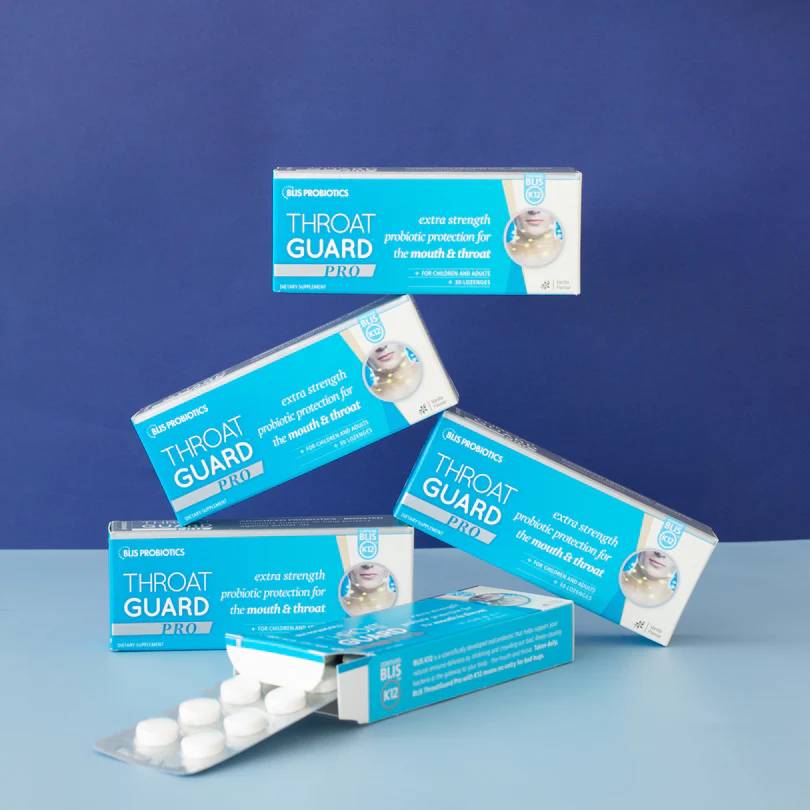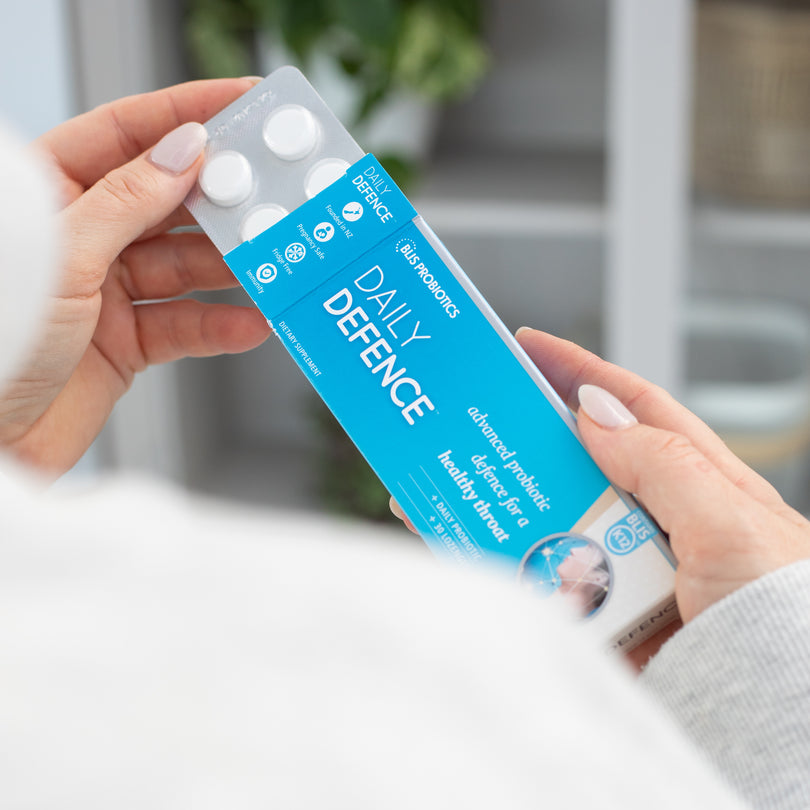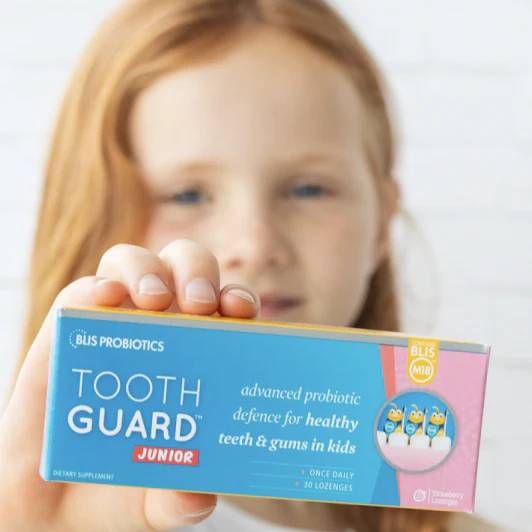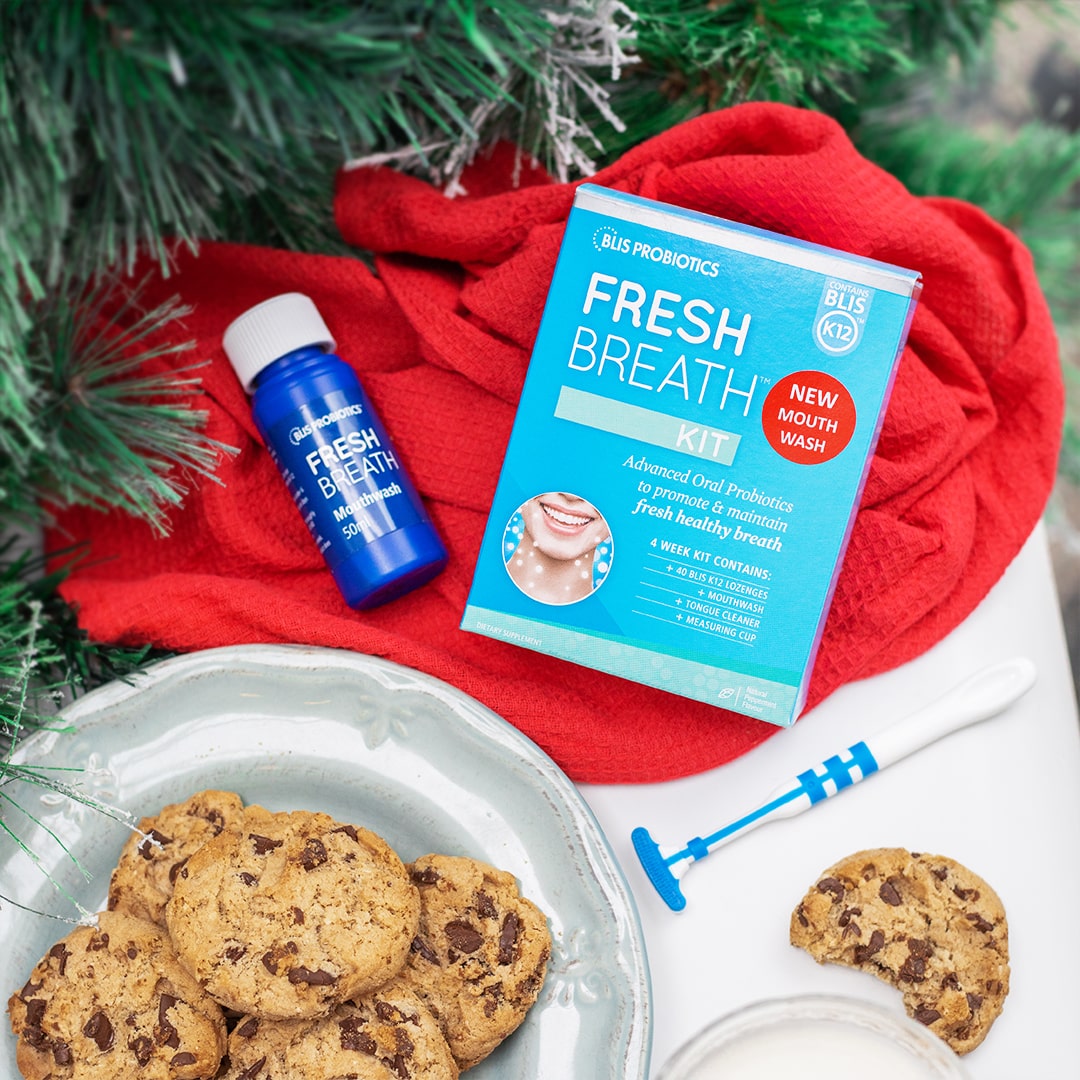***This blog has been updated on 01/08/2024
Are you concerned about your child's digestive health or overall immunity? Probiotics might be the answer you're looking for. While many adults use probiotics to support their digestive systems, children can also benefit significantly from these beneficial bacteria. But are probiotics safe for children? Let's explore how probiotics can support your child’s health and well-being.
Understanding Children's Microbiome
Unlike adults, a child's microbiome is still developing, making them more susceptible to imbalances. The human body is home to billions of microorganisms, including bacteria, yeasts, and fungi. These organisms form the human microbiome, which plays a crucial role in our health. Adding probiotics to your child’s diet can help support their microbiome by replenishing their body with beneficial bacteria that aid in digestion and bolster the immune system.
Are Probiotics Good for Kids?
Probiotics are generally safe and good for healthy children and infants based on clinical studies. For most children, probiotics can be beneficial for multiple reasons. They support digestive comfort, regularity, and immune defences. Additionally, they are helpful after a course of antibiotics to restore good bacteria. Many probiotics are also used to support dental, oral, and throat health, making them versatile for overall well-being.
Benefits of Probiotics for Kids
- Digestive Health: Probiotics can help alleviate digestive discomfort and promote regular bowel movements.
- Immune Support: These beneficial bacteria can enhance the body's immune defences, helping your child stay healthy.
- Ear, Nose, and Throat Health: Probiotics support ear, nose, and throat immune defences by crowding out bad bacteria and populating with good bacteria.
- Skin Health: Probiotics may also contribute to better skin health, reducing conditions like eczema.
- Post-Antibiotic Recovery: Following antibiotic treatment, probiotics can help restore the natural balance of bacteria in the gut.
Does My Child Need Probiotics?
There are several signs that your child may benefit from probiotics including frequent digestive issues such as bloating, constipation, or diarrhoea, especially after taking antibiotics. Additionally, if your child experiences frequent colds, ear infections, or sore throats, probiotics might help support their immune system. Skin issues like eczema or rashes can also indicate an imbalance in the microbiome that probiotics could help correct. Always consult with your paediatrician before starting any new supplement to ensure it is safe and appropriate for your child's specific needs.
How to Choose the Best Probiotics for Kids
Selecting the right probiotics for your child involves several key factors. First, look for probiotics that contain specific strains scientifically proven for their benefits in children, such as Streptococcus Salivarius K12, which supports immunity, ear, nose and throat health. Ensure the product is age-appropriate and in a form that your child can easily take, such as chewable tablets, powders, or lozenges in flavours that appeal to a child’s palate. Additionally, it is essential to choose probiotics that are free from common allergens and have been tested for safety and efficacy. Consult with your paediatrician to determine the most suitable probiotic for your child’s needs and to ensure it fits well with their overall health plan.
Timing and Dosage
- Consistent Schedule: Administer probiotics at the same time each day, ideally popped straight onto the tongue for children (if in powder form) or sprinkled over a cool meal such as yoghurt. It is all about allowing maximum contact of the probiotic with the mouth.
- Recommended Dosage: Follow the dosage instructions on the product packaging or as advised by your paediatrician. Overdosing is not typically dangerous but can lead to minor side effects like gas or bloating.
Potential Side Effects
Probiotics are generally safe for children, but some might experience mild side effects as their body adjusts:
- Gas and Bloating: Common initial reactions as the gut microbiome adapts.
- Stomach Upset: If your child experiences persistent discomfort, reduce the dosage and consult your paediatrician.
Take the Next Step for Your Child’s Health with BLIS Probiotics
Probiotics can offer numerous health benefits for children, from improving digestion and enhancing immunity to supporting ear, nose, and throat health. By understanding your child's unique needs and choosing the right probiotic products, you can help maintain a healthy balance in their microbiome and contribute to their overall well-being. Always consult with your paediatrician before introducing any new supplements to ensure they are safe and appropriate for your child.
Ready to explore the benefits of probiotics for your child? Consider high-quality, kid-friendly probiotic products. BLIS Probiotics offers specially formulated options that can help support your child's health and development. Discover how BLIS Probiotics can be a powerful ally in maintaining your child's health and well-being.
Frequently Asked Questions About Probiotics for Kids
Can Probiotics Help with Allergies?
Some studies suggest that probiotics may help reduce the severity of allergies and eczema in children by supporting a balanced immune response. However, more research is needed to confirm these benefits.
Are There Any Foods That Naturally Contain Probiotics?
Yes, many foods naturally contain probiotics. These include yoghurt, which should be chosen with live and active cultures for the best benefits, and kefir - a fermented milk drink rich in probiotics. Fermented cabbage dishes like sauerkraut and kimchi are also excellent sources of beneficial bacteria. Additionally, fermented soy products such as tempeh and miso provide good amounts of probiotics. Finally, naturally fermented pickles contain probiotics, unlike those made with vinegar, making them another great option to include in your child's diet.
Can children take the same probiotics as adults?
While some probiotics are safe for both children and adults, it's essential to choose products specifically formulated for children. Children’s probiotics are designed to meet the unique needs of their developing microbiomes. Adult probiotics may contain higher doses or strains that are not necessary or beneficial for children. Always consult with your paediatrician to select the most appropriate probiotic supplement for your child.







